Frequently Asked Questions About Senior Dental Health
Modern humans appear to enjoy ever-increasing longevity, with studies indicating that life expectancy increases by three years every generation. However, as people live longer, they inevitably live more of their years as senior citizens. During those years, they may find themselves facing age-related threats to their dental health.
If you want to keep your mouth in optimal condition throughout your life, you'll benefit from understanding how age can influence dental issues and how to combat those issues. Examine the answers to these frequently asked questions about senior dental health.
How Does Aging Affect Tooth Enamel?
The shell of enamel that covers and protects the inner tissues of your teeth must endure many challenges as the decades go by. This material tends to grow thinner and weaker after years of chewing and exposure to acidic beverages. As the enamel thins, your teeth may appear yellow and become more sensitive to heat or cold.
You can preserve more of your tooth enamel by using a fluoride toothpaste and drinking fluoridated water. This element helps to add mineral strength to tooth enamel. Avoid acidic foods and drinks (or rinse your mouth after consuming them). Get plenty of calcium and other nutrients that strengthen teeth and bones.
Why Do Older Individuals Commonly Lose Teeth?
Although people of any age can lose teeth, the problem grows more likely to occur as you age. By age 65, 26 percent of Americans have retained eight or fewer teeth, while 17 percent have no teeth at all. The most common cause of this tooth loss involves a condition known as periodontal disease.
In periodontal disease, tartar above and below the gum line attracts bacteria that provokes an immune system response. The resulting chronic inflammation causes receding gums and loosens the tissues anchoring the teeth in place. Periodontal disease can grow progressively worse over many years until you finally lose teeth from it.
Periodic checkups allow your dentist to catch periodontal disease early, so keep up those appointments. If you do have periodontal disease, your dentist can perform procedures such as root planing and scaling to remove accumulated tartar and kill the invading bacteria.
How Does Mouth Dryness in Seniors Harm Dental Health?
As you get older, you may notice that your mouth often feels dry. People grow more vulnerable to dehydration as they age, but they may also take medications or undergo medical therapies that promote dryness of the mouth. This problem doesn't just create discomfort; it can also set the stage for dental problems.
Saliva normally provides a protective barrier against bacteria for the tooth enamel. Without this protective barrier, your teeth may have more trouble with decay and cavities. The addition of periodontal disease adds to the threat, since receding gums leave more of the teeth's surfaces exposed.
You can fight back against dry mouth in several ways. Get into the habit of keeping water or some other sugarless drink on hand, sipping regularly to keep your mouth moist. Sugarless hard candies or mints can encourage saliva production. Steer clear of drying beverages such as alcohol and caffeinated drinks.
What Special Dental Hygiene Issues Should Seniors Consider?
As the risk for tooth loss rises, seniors often replace their missing teeth with dentures. However, even a mouth without teeth requires thorough dental hygiene. In addition to brushing your gums, make sure to clean your dentures every day according to your dentist's recommendations. This step eliminates potentially-harmful bacteria.
Seniors who experience hand pain and stiffness from conditions such as arthritis may struggle to brush and floss effectively. If you find holding floss or a manual toothbrush awkward or painful, ask your dentist about options such as electric toothbrushes, water flossers, and other ergonomically-friendly devices.
Joseph M. Perry, D.D.S., P.A., can help every member of your family maintain their best dental health at any age. Contact our office today to schedule a dental consultation or treatment.







